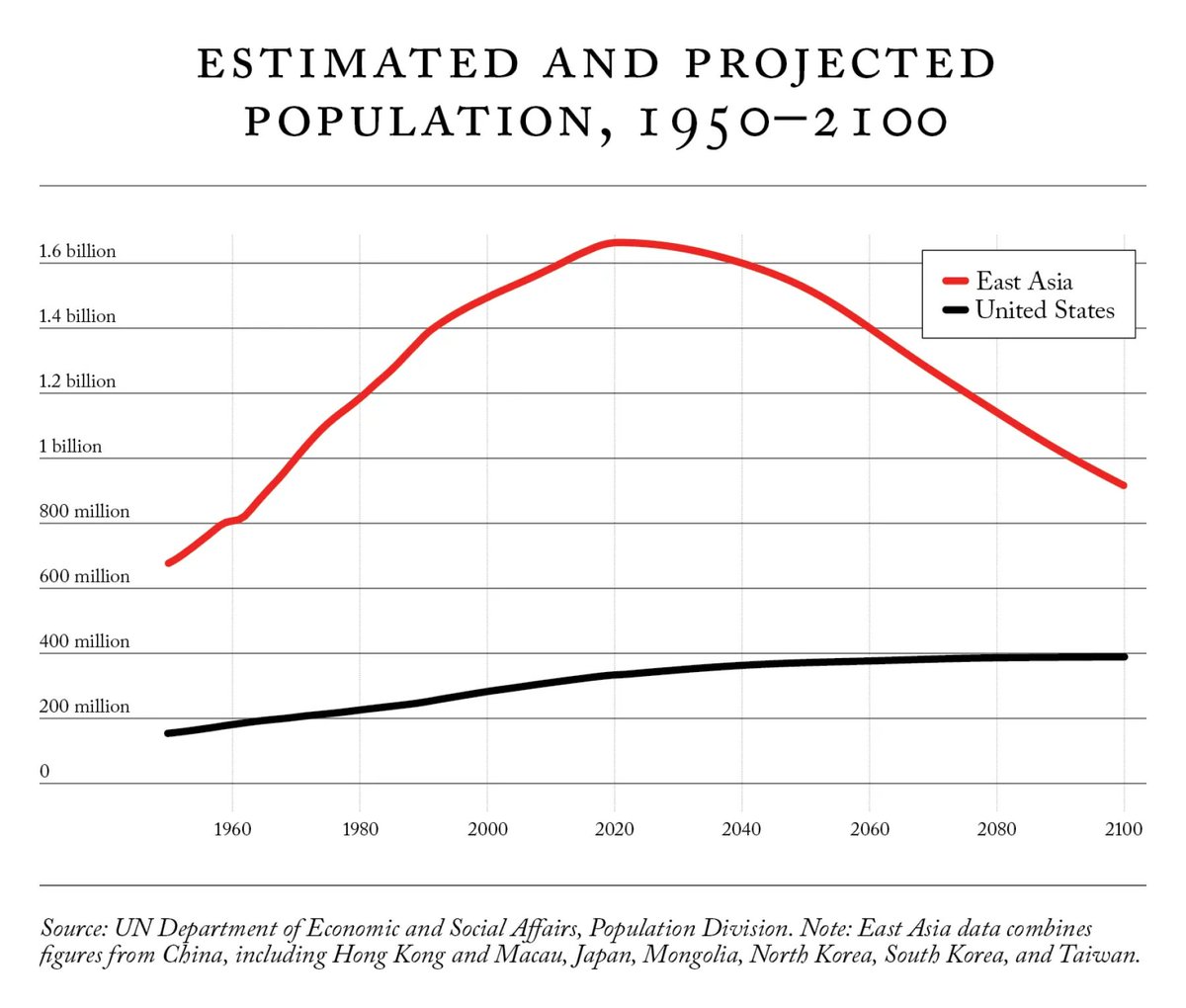
Foreign Affairs
@ForeignAffairs
A magazine of U.S. foreign policy and international affairs, founded in 1922.
Sign up for our newsletters: https://t.co/MpbtG0OxgB
ID:21114659
http://www.foreignaffairs.com 17-02-2009 18:31:24
114,9K Tweets
911,8K Followers
1,9K Following
Follow People




.Dalia Dassa Kaye and Sanam Vakil صنم وكىل consider how Arab states’ political engagement with Israel will change as the war in Gaza continues—and how Arab states can play a key role in preventing future conflicts between Israel and Tehran.
trib.al/qb1UBJ8




.David Gioe and Michael Morell discuss the dangers of using top-secret intelligence as a policy tool—and urge the U.S. government to add new restraints to the disclosure process.
trib.al/DrMQeHh

Listen to the latest episode of “The Foreign Affairs Interview,” featuring Stephen Kotkin in conversation with editor Dan Kurtz-Phelan:
trib.al/dmkYsq8



In the long run, Hamas aims to wield political and military dominance in Gaza without shouldering the burden of governing alone, writes Matthew Levitt. In other words, the group hopes to impose a Hezbollah model on the territory.
trib.al/6kqeYQG

Read Dalia Dassa Kaye and Sanam Vakil صنم وكىل on how countries in the Middle East, especially Israel’s immediate neighbors, can build new and stronger security arrangements that will bolster regional stability—with or without U.S. leadership.
trib.al/rQkATX7


Read Ramon Pacheco Pardo and Robyn Klingler Vidra on how Japan and South Korea bring together government, large legacy firms, and startups to promote innovation and economic growth—and what U.S. policymakers and American firms can learn from Tokyo and Seoul:
trib.al/rJtxlzg










